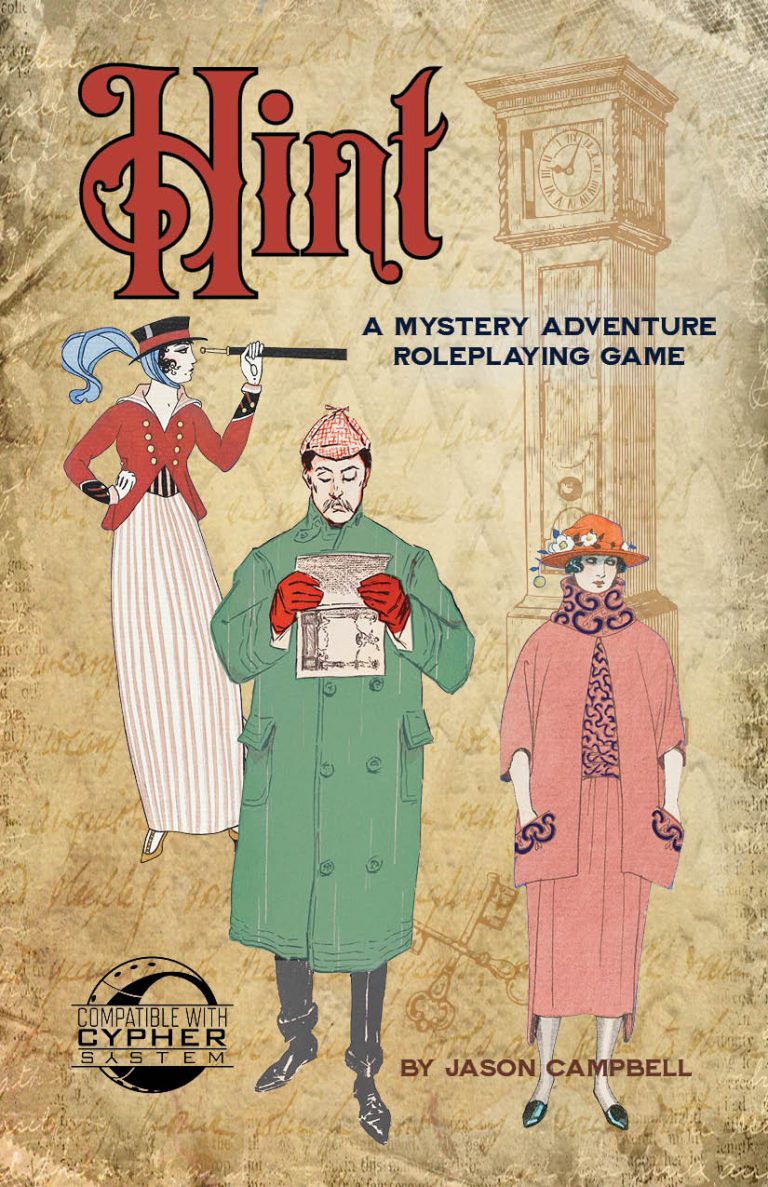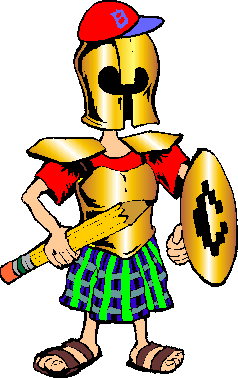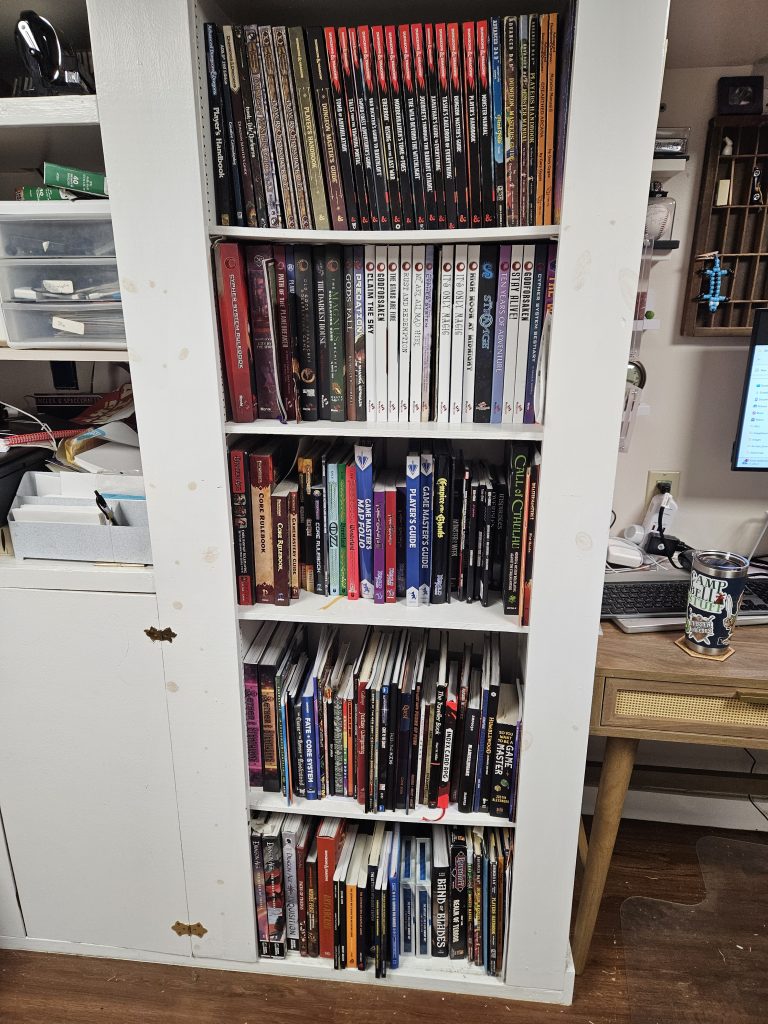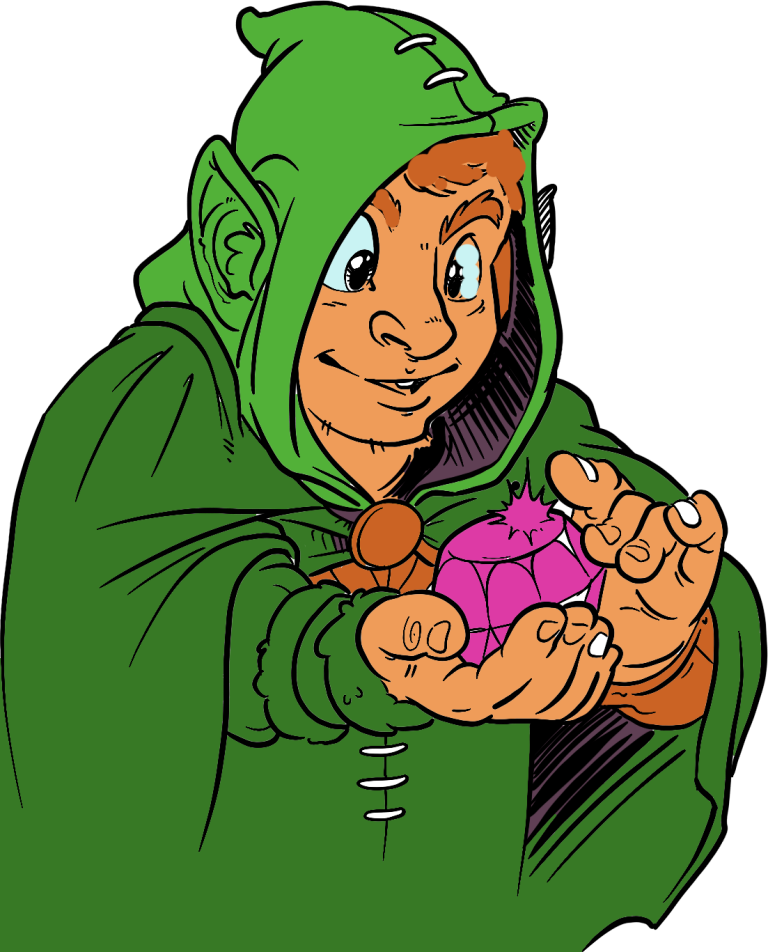If you’re the game master in any role-playing game, you understand your role of managing the game story and mechanics. But when you’re running a game for new younger players you have multiple jobs: you are the game master and also a teacher. The teacher role means that you are explaining the game and how to play it, and also managing a group of young people. Managing the group includes accounting for everyone’s attitudes and communication style.
Fortunately you don’t need to be a trained educator to teach and run a successful role-playing game. You just need to be understanding and patient. First, introduce the players to each other. You will inevitably have some players who aren’t comfortable introducing themselves, so you can do short introductions and allow any players who want to, to add a bit to that introduction. One thing you need to emphasize in the first few games for younger players is that RPGs are team-based games, so the expectation is that the players work together. I always state this at the beginning of the session and several times during the game session. Games where some players oppose others may work with a group of experienced adults, but they can be especially frustrating for younger less experienced players.
Many younger players will be new to the idea of role-playing so you will be teaching them how RPGs differ from traditional board games. It will be difficult to get them to make decisions based on their character instead of their own instincts. You can encourage role-playing with prompts.
You won’t get a lot of long involved back stories from players new to the game and you don’t need to force that. Players will want to jump into the adventure, so let them do that. Ask them a couple of basic questions at session zero such as “Where is your character from?” and “How many family members do you have?”. Then open each session by asking a question about each character such as “Why did you become an adventurer?”. In this way the players build a character little by little. Then when it comes time for a player to make a decision you can frame a question such as, “As an elf who grew up on a remote farm, what are you going to do?” Building on the players’ creations will promote role-playing.





